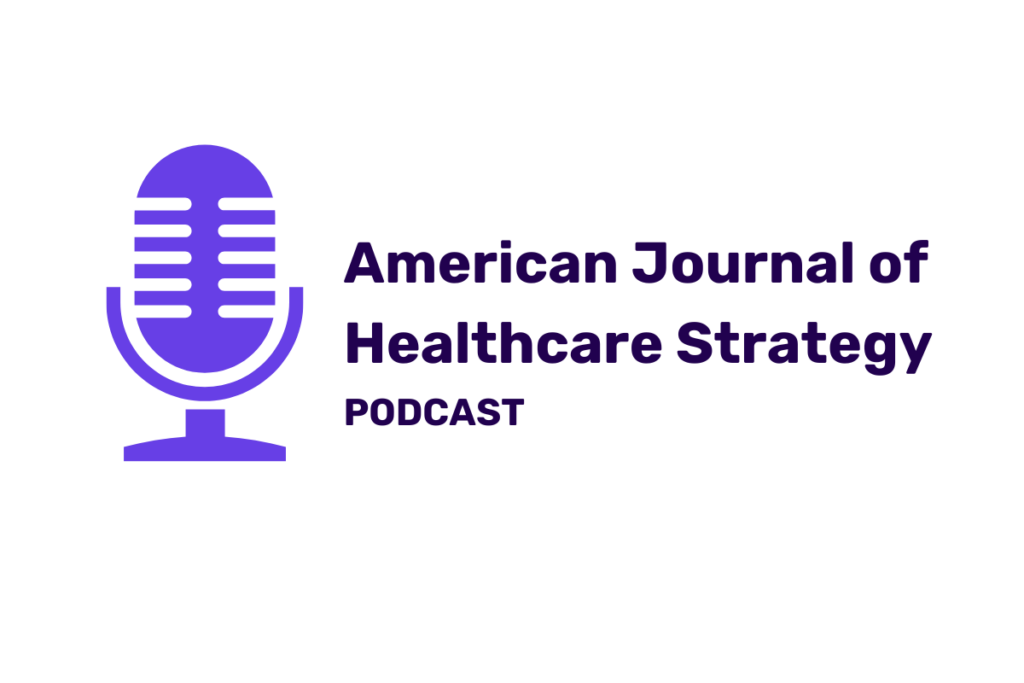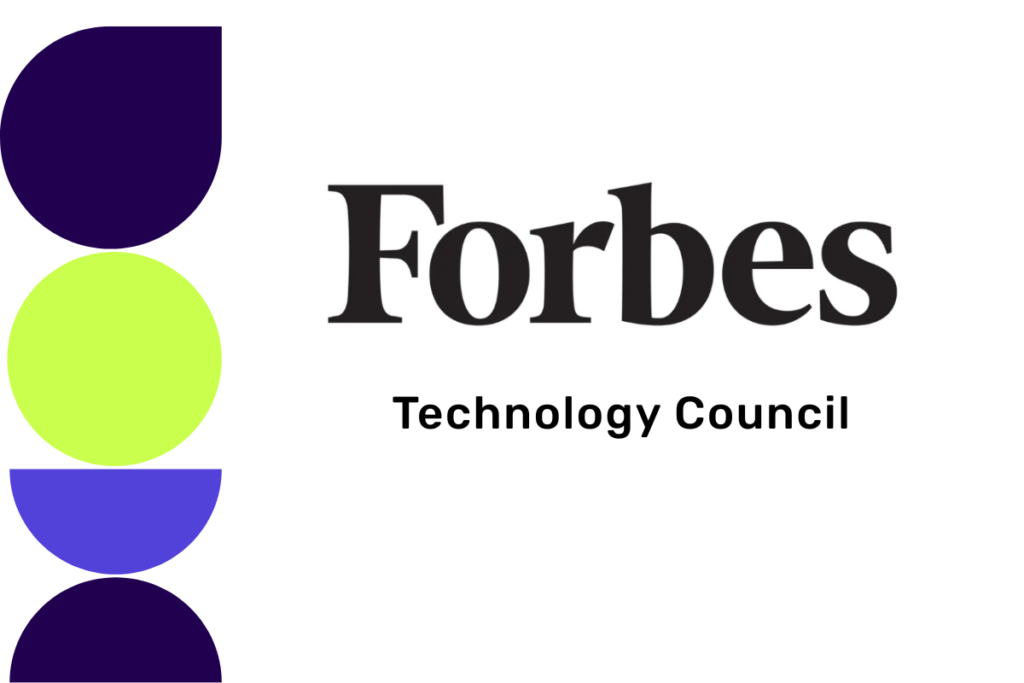The REAL Health Providers Act and Veda’s Accurate Data Approach
The bipartisan Requiring Enhanced & Accurate Lists of (REAL) Health Providers Act, introduced by U.S. Senators Michael Bennet (D-Colo.), Thom Tillis (R-N.C.), Ron Wyden (D-Ore.) calls to eradicate ghost networks that are impacting patients nationwide.
What are ghost networks?
A ghost network is a provider network that appears robust and full of available providers but actually contains bad data and thus, much more limited availability and unreachable providers. These “ghosts” are no longer practicing, not accepting new patients, are not in-network, or have errors in their contact information.
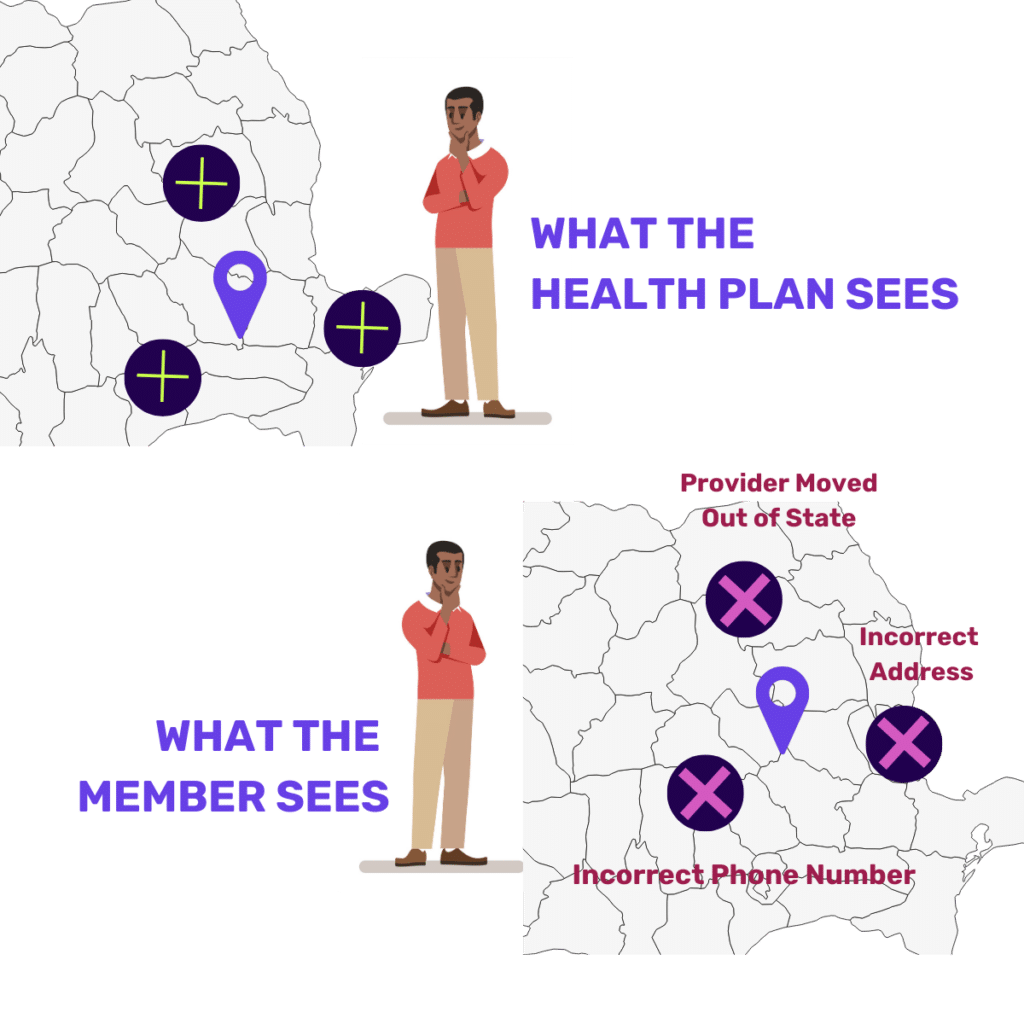
Imagine using a “Find A Doctor” online tool to pick an in-network doctor in the specialty you seek, but when you call to book an appointment, you discover the provider is no longer practicing. That’s a ghost.
Despite the introduction of the bill, recent media coverage, and attention from the Senate Finance Committee, ghost networks are not a new phenomenon. A Yale Law & Policy Review completed in 2021 titled Laying Ghost Networks to Rest: Combatting Deceptive Health Plan Provider Directories declared “…these directories are deeply flawed.”
“ [Ghost networks are a] pervasive issue in the American health care system. A three-phase study of the accuracy of Medicare Advantage directories, which included over 15,000 providers, found that between forty-five and fifty-two percent of provider directory listings had errors, with some individual plans having error rates as high as ninety-eight percent.”
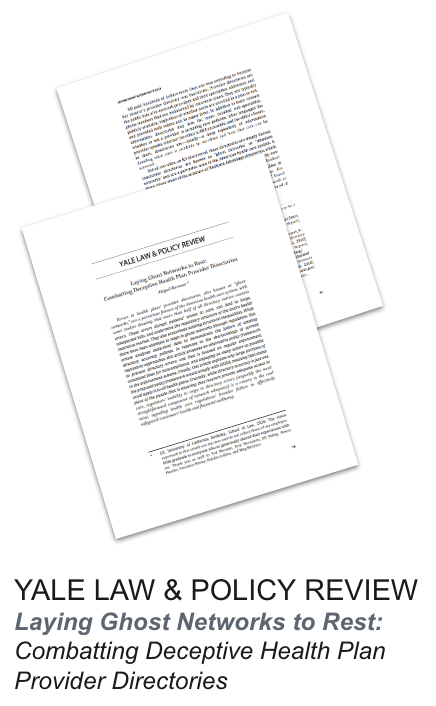
While behavioral health networks are often cited for inaccuracy and the mental health crisis in America has brought adequate network issues to light, inaccurate directories are a systemic issue prevalent across all provider types. All directories have “ghosts.”
How do ghost networks inhibit care?
Besides adding to patient frustration, ghost networks prevent patients from accessing the care they need. Impactful stories, like this one from the Yale Law & Policy Review, shed light on the millions of people dealing with the repercussions of inaccurate provider directories each year:
“KC, who manages her brother’s mental health care, gave up on trying to find an in-network psychiatrist because calling potential providers was taking up so much of her time that it was more cost effective to pay out-of-network rates. “Ironically, I can’t imagine my brother or others in his situation being organized and effective enough to be able to make all these calls and keep track.” [Yale Law & Policy Review]
Additionally, ghost networks have inhibited care by leading to unexpected medical bills. “When Americans are purchasing and using their health insurance, they have the right to know whether their doctors are covered by that plan,” said Ron Wyden (D-Ore). “Too often, seniors and families get health care whiplash when they sign up for a plan only to find out that their preferred doctor is out-of-network, or it’s impossible to find a covered mental health care provider.”
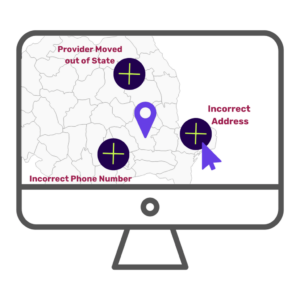
How does the REAL Health Providers Act tackle the issue of ghost networks?
The legislation aims to combat the ghost network problem by, among other things, requiring Medicare Advantage (MA) health plans (beginning with plan year 2026) to verify their provider directory data every 90 days and, if necessary, update that information.
- If a health plan cannot verify the data, the plan must indicate in its directory that the information may not be up to date.
- A health plan must also remove a provider within 5 business days if the provider is no longer participating in the plan’s network.
- If a patient obtains care from an out-of-network provider that a health plan’s directory indicated was in-network at the time the appointment was made, the plan may only charge that patient in-network prices.
The legislation also requires MA health plans to analyze the accuracy of their provider data on an annual basis and submit a report to HHS/CMS with the results of that analysis. HHS/CMS will use this information to publish accuracy scores for each plan’s provider directory.
How does Veda banish ghost networks?
Veda has been at the forefront of efforts to eradicate “ghost networks” in the U.S. for years. Veda understands that progress on this front is essential to connect patients to the critical care they need and ensure that individuals are not burdened with unexpected healthcare costs.
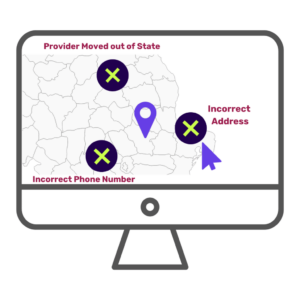
Veda takes a one-two-punch approach to eradicating ghost networks. Veda leverages its patented technology and innovative solutions to first identify where the “ghosts” reside in provider directories and then fills in the gaps left behind once the ghosts have been removed. Using a mix of AI technology, smart automation, and machine learning, Veda’s provider data is proven accurate.
Find the Ghosts
Veda’s Quantym platform identifies the errors in a provider directory
High-volume audit solution that delivers comprehensive, real-time scoring of provider data quality to identify bad data and significantly improve provider directory accuracy
Fill the Gaps with Accurate Data
Veda’s Vectyr tool supplies accurate data to replace the bad data
The most up-to-date, comprehensive, and accurate source of data on healthcare providers, groups, and facilities on the market
Veda understands that ghost networks will not be eliminated by the manual attestation methods of the past. Manual verification is labor-intensive, expensive, subject to human error and time and again, it’s proven ineffective. The fact is, “attested” data is frequently not “correct” or “accurate.”
Veda’s technology takes provider attestation out of the equation and, in doing so, can more accurately identify where ghost networks exist (by pointing out inaccuracies in the health plans’ provider directory data) and provide solutions to the ghost network problem (by filling in the gaps that are created when the bad data is removed).
It’s time to let technology like Veda’s solve the ghost network problem once and for all. Give your members the accurate information they need to make an appointment for care on their first try. Contact Veda for a free data assessment.
Want to learn more about ghost networks? Watch a recording of Veda and Mathematica’s November 2, 2023, webinar, Don’t Get Spooked by Health Care Data: Tackling Zombie Rates and Ghost Networks. Read a summary of the REAL Health Providers Act here.
